When you think about history, you usually consider a lot of it to be important but tedious. Yet history is riddled with weirdness, and some of the facts historians have brought to light have led to raised eyebrows. This compilation of odd facts in history helps us appreciate precisely how weird real things in the past were.
The Nazis Used Meth To Keep Pilots Awake

At the height of the Second World War, Germany desperately needed trained fighter pilots. Some of these pilots would pull double-duty shifts, and to keep them awake and alert when combat started, they’d pop a pill called Pervitin.
Pervitin was also used by housewives to keep them focused and motivated while doing their daily chores. It was well-known for its ability to “pep up” people’s energy levels and keep them going for longer. Not only that, but it was a socially accepted drug. Its main ingredient? Methamphetamine.
The World’s Shortest Recorded War Lasted 38 Minutes
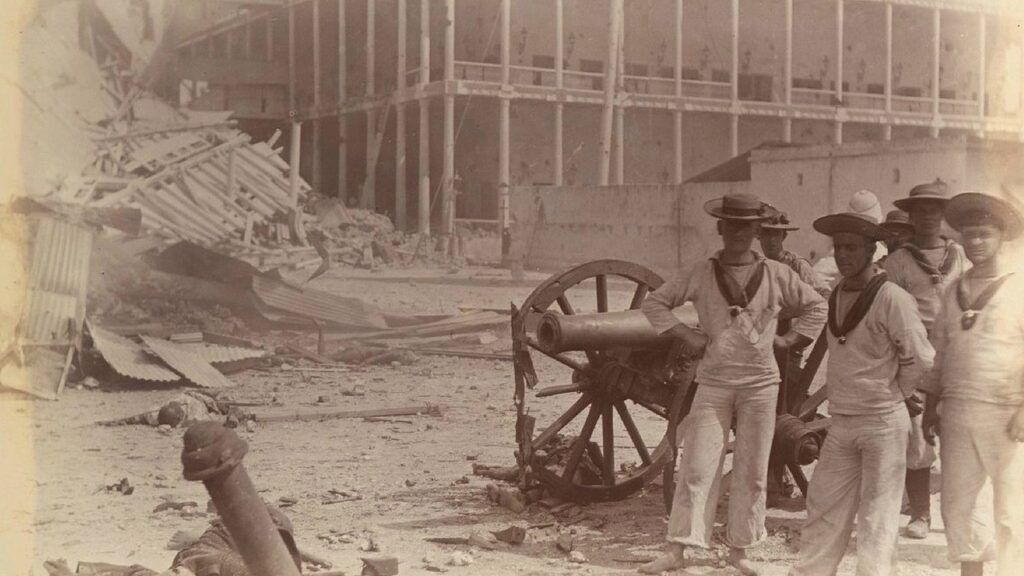
Wars are usually long, grueling, and costly affairs, but that’s not always the case. In 1896, the United Kingdom and Zanzibar engaged in a war that lasted less time than an American Football game. All of this stemmed from Zanzibar’s agreement with the UK in 1890.
According to this agreement, the UK had the right to approve the person who would become sultan. As the country decided to choose its sultan on its own after the death of the previous one, the UK saw it as an act of war. They stormed the palace, killing 500 protectors of the new sultan, who fled to Germany.
The Forgotten Railway of Burma

During the Second World War, conditions in Asia were far more brutal than they were in the Western theatre. This was a time before the Geneva Conventions, meaning that prisoners of war weren’t entitled to be treated as people. The Japanese saw a use for many of their captured enemies.
To get troops around their massive empire, the Japanese decided to run railways wherever they could. One of them, built in Burma (modern-day Myanmar), used thousands of captured prisoners as laborers. It was nicknamed the “Death Railway” because of how many people died from overwork.
The Roman Horse Who Was Consul
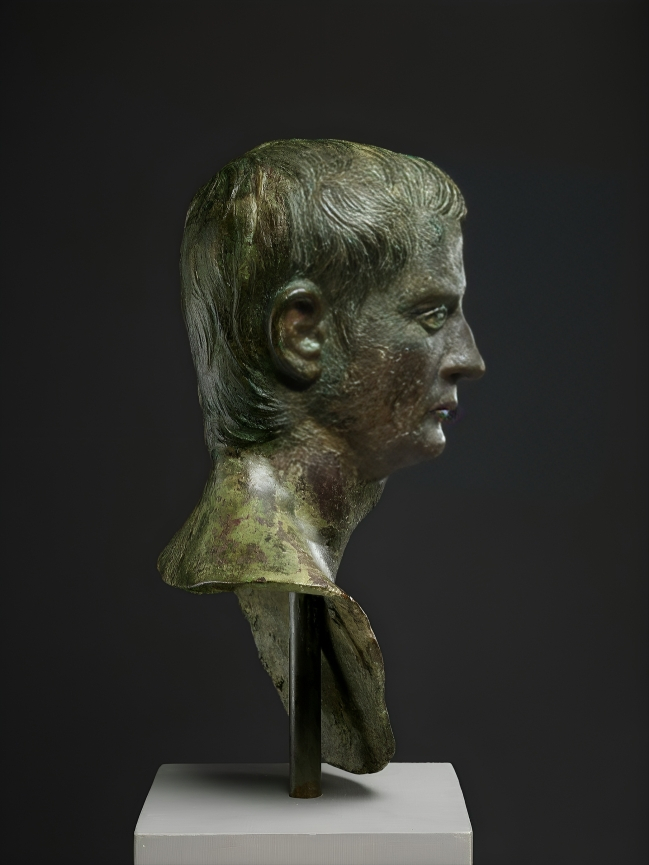
Rome is known as the city of opulence and luxury but also the home of several not-so-sane rulers. Caligula was one of those rulers, known for his paranoia and cruel punishments to those he thought wronged him. Keeping with this mental state, he considered his horse to be his best friend.
The horse in question, Incitatus, would be fed mash mixed with gold flakes and lived in a marble stable. Before his untimely death by assassins, he was planning on making Incitatus into a consul, one of the high public offices of Rome. Records show that Incitatus was also a priest. Imagine a horse with more jobs than us.
Ancient Mayans Saw Turkeys as Divine Messengers
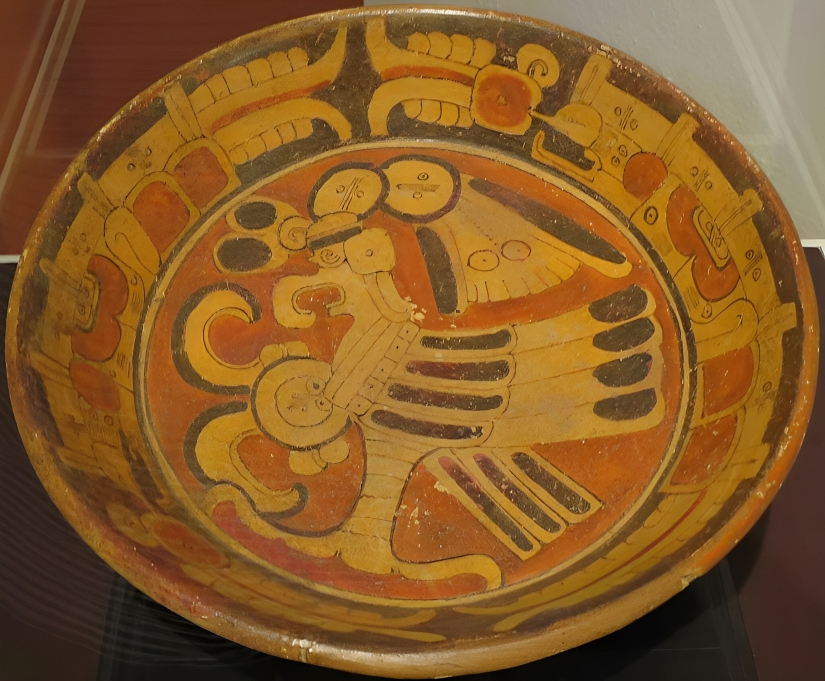
Many people would know about the Egyptians’ fascination with cats, but the Mayans saw turkeys as the messenger of the Gods. Most commoners thought turkeys had extraordinary powers and could intervene on behalf of people with their Gods. Because of this status, the birds were revered in the empire.
If you look at Mayan iconography today, the turkey is featured in many of its carvings. They were prized animals, and to own one, you had to be able to support it. Only the very rich in the Mayan empire could own a turkey. They even domesticated the birds to participate in religious festivals.
A Plague of Dancing Kills Dozens
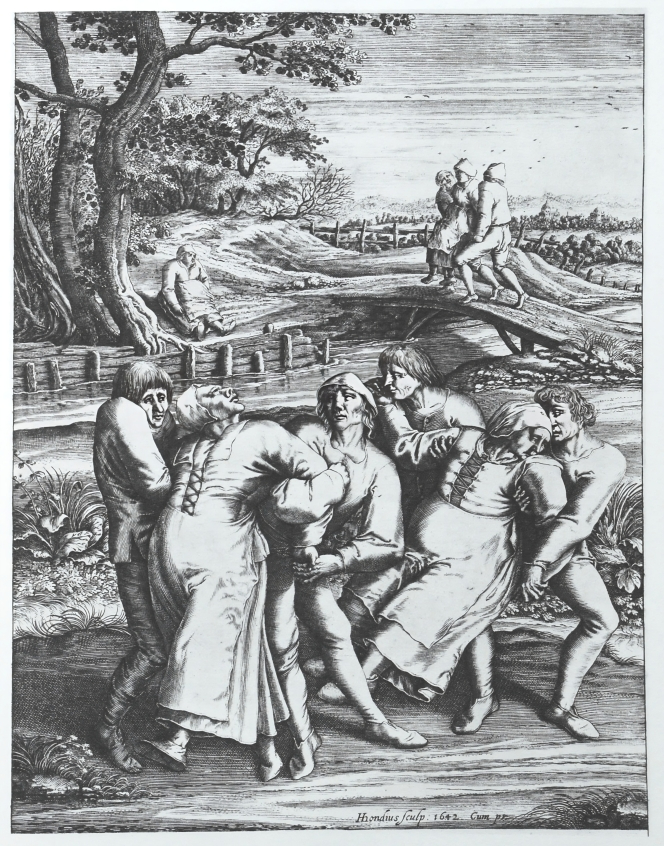
In the modern world, dancing is seen as a way of reducing stress. However, in 1518 in Strasbourg, a woman set off a “plague” of dancing that led to several people dying of exhaustion. Frau Troffea started dancing in the streets, and the frenzied dance passed from person to person.
While it’s one of the stranger things that have happened in the past, no one is really sure what caused it. Local authorities claimed that the devil possessed the dancers, but modern scholars think it was more along the lines of ergot poisoning, making the sufferers see and hear things no one else could.
No More Hamburgers!

Patriotism is common when wars happen, and in World War I, the patriotic feeling was high. Americans rejected anything that sounded remotely German, mistakenly believing that those things would help Germany win the war. Yet the choice of what they rejected might surprise you.
Several diners in the US renamed their hamburgers to “Liberty Steaks” and their sauerkraut to “Liberty Cabbage” to make it more patriotic. Hamburgers (named after Hamburg in Germany) were a core part of the wartime food supply. It wouldn’t do to have it named after an enemy city, so they renamed it.
Forks Were Once Considered Sacrilegious

The next time you pick up a fork to eat something, remember that it wasn’t always such an easy thing to find. For a long time, the fork was seen as unnatural and an insult to God. Religious leaders stated that people who valued their souls should not use them.
Forks were quite common in the Eastern Roman Empire (Byzantium) before the 11th century. When they made their way to Europe, the religious leaders decried them as evil. God, they said, had already given you forks in the form of hands. Using metal forks went against God’s natural design.
The Crossbow Was Outlawed
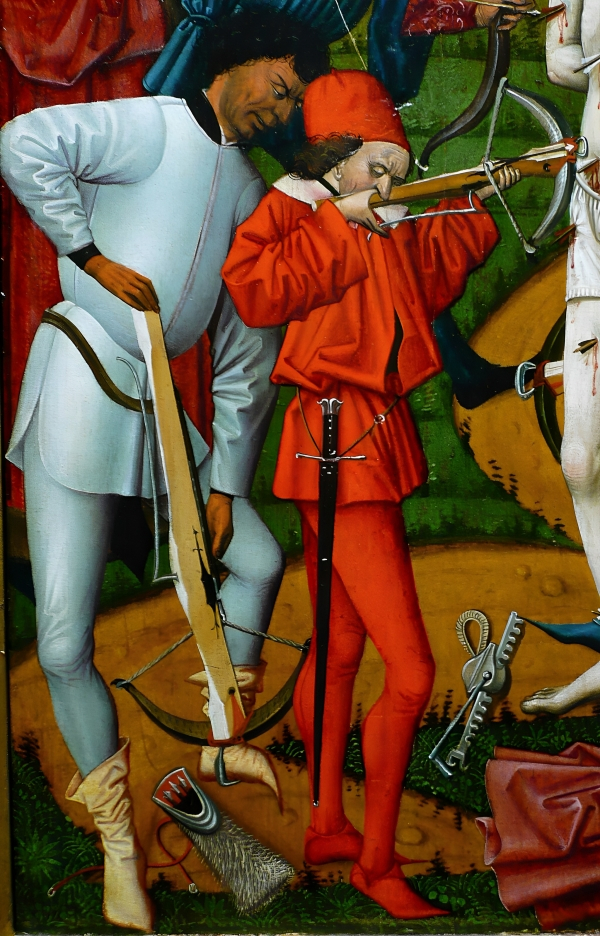
Crossbows show up quite often when we look at medieval paintings and read about war during that time. Yet when the crossbow was first invented, the Church outlawed it as “inhumane.” During that time, armor-clad knights were the most potent units an army could field, and they would wreak havoc on their enemies.
Crossbows made it so that any peasant could fire one, and it had enough penetrating force to kill a knight. For European religious leaders at the time (many of whom had their own armies), this would not do. The crossbow was outlawed as inhumane, and any man found firing one was condemned.
The University of Oxford Is Older Than the Aztecs

The Aztecs are considered an ancient civilization. They existed during the thirteenth century and are well-known for their bloody human sacrifices. Yet Oxford University is older than the Aztec empire by several hundred years. Founded in 1096, it was already a sprawling campus with dining and living halls at the time of the Aztec empire.
Oxford is not the oldest university in the world. That honor goes to the University of Al-Karaouine, established in 859 AD. Because Oxford and the Aztec empire are so distant, we like to think they couldn’t possibly exist simultaneously. However, looking at the dates, it’s irrefutable.
Sometimes, History Is Stranger Than Fiction

History isn’t nearly as dull as you might think at first glance. The slow and steady march of time sees us learn new and exciting things about the past. And with each new discovery comes a ton of further questions.
From plagues of dancing to the causal use of meth, history never ceases to amaze. And yet, many of the things we find when we delve into history make us wonder about what we know. One thing remains constant – regardless of where in the timeline we are, there will be odd occurrences.






